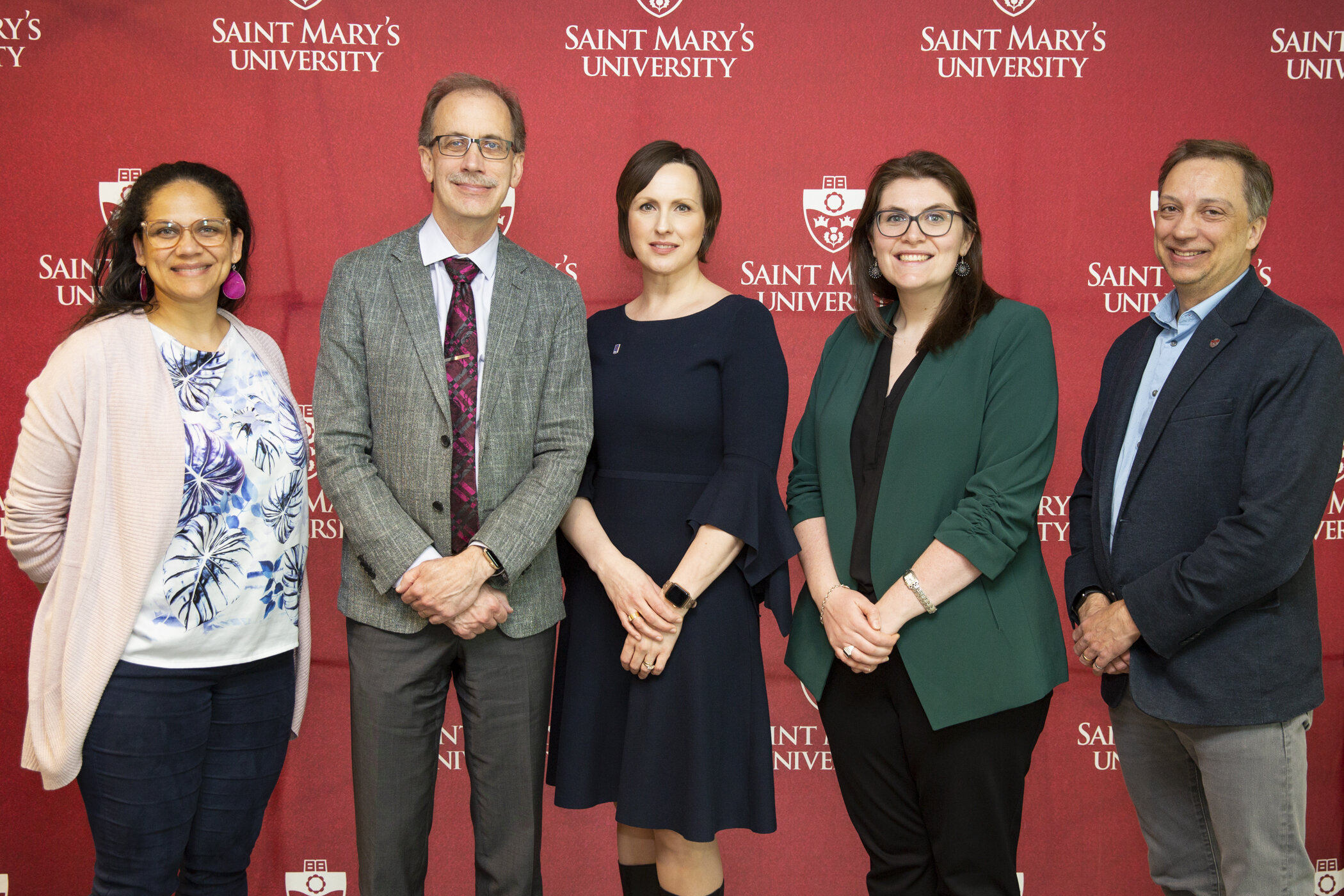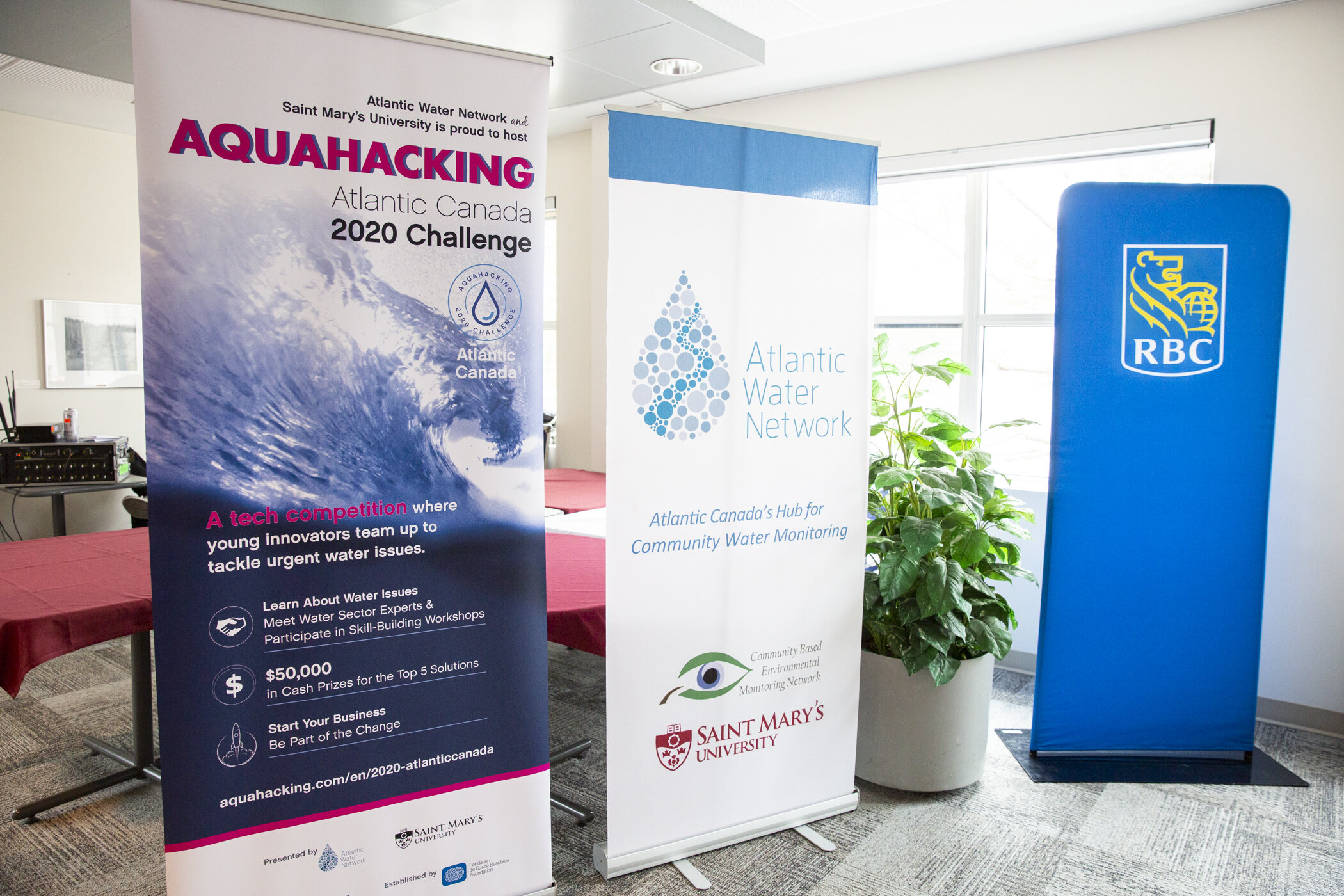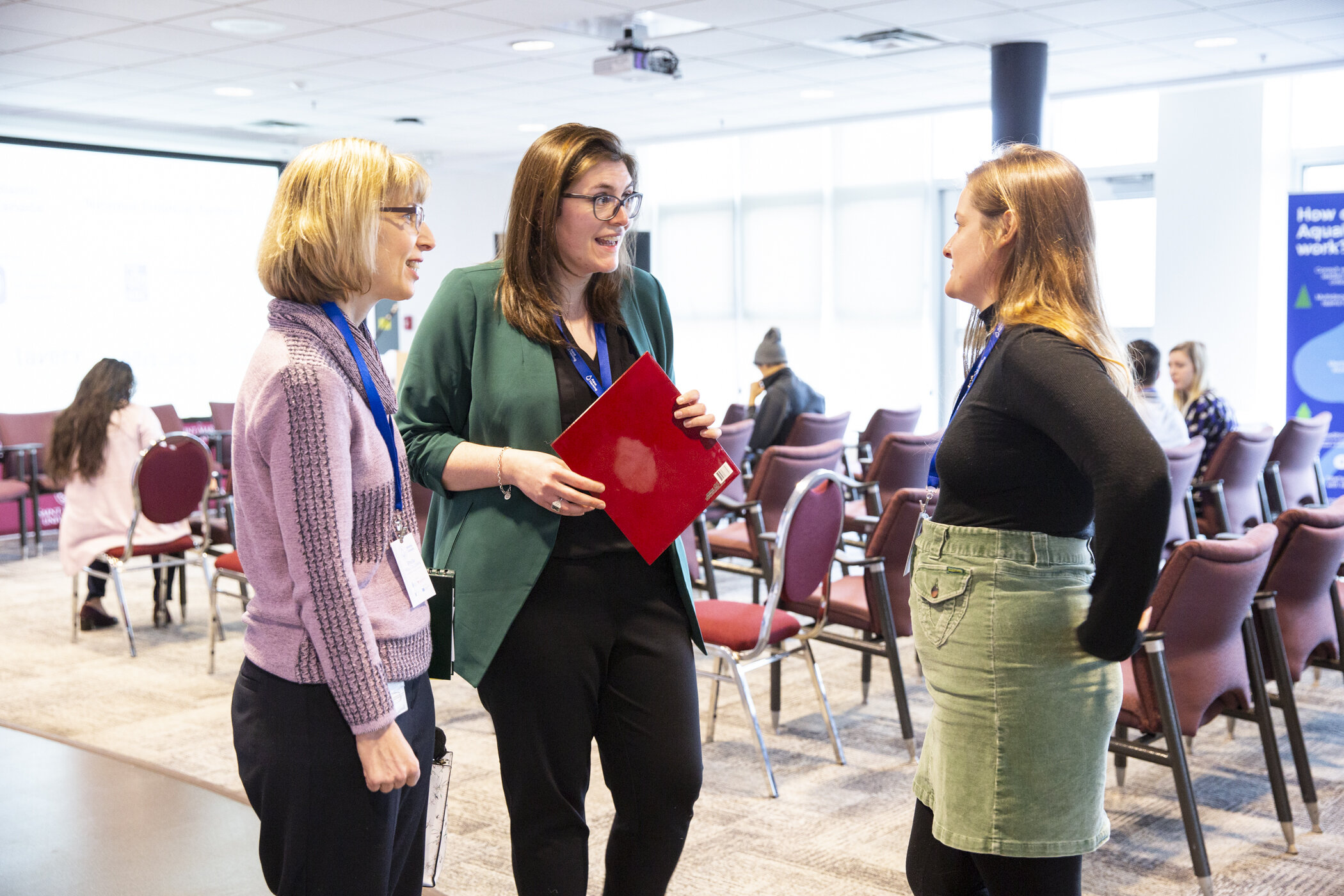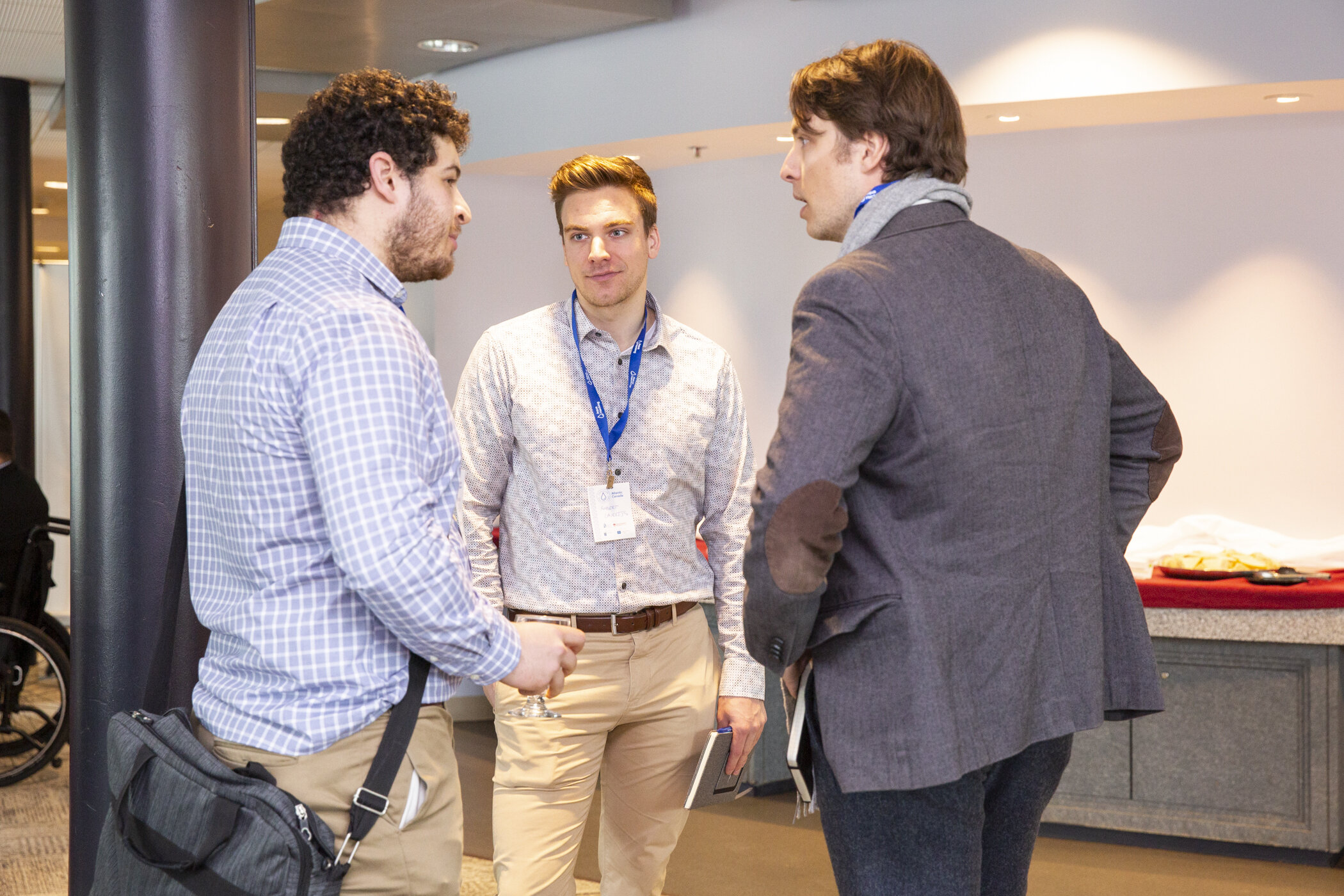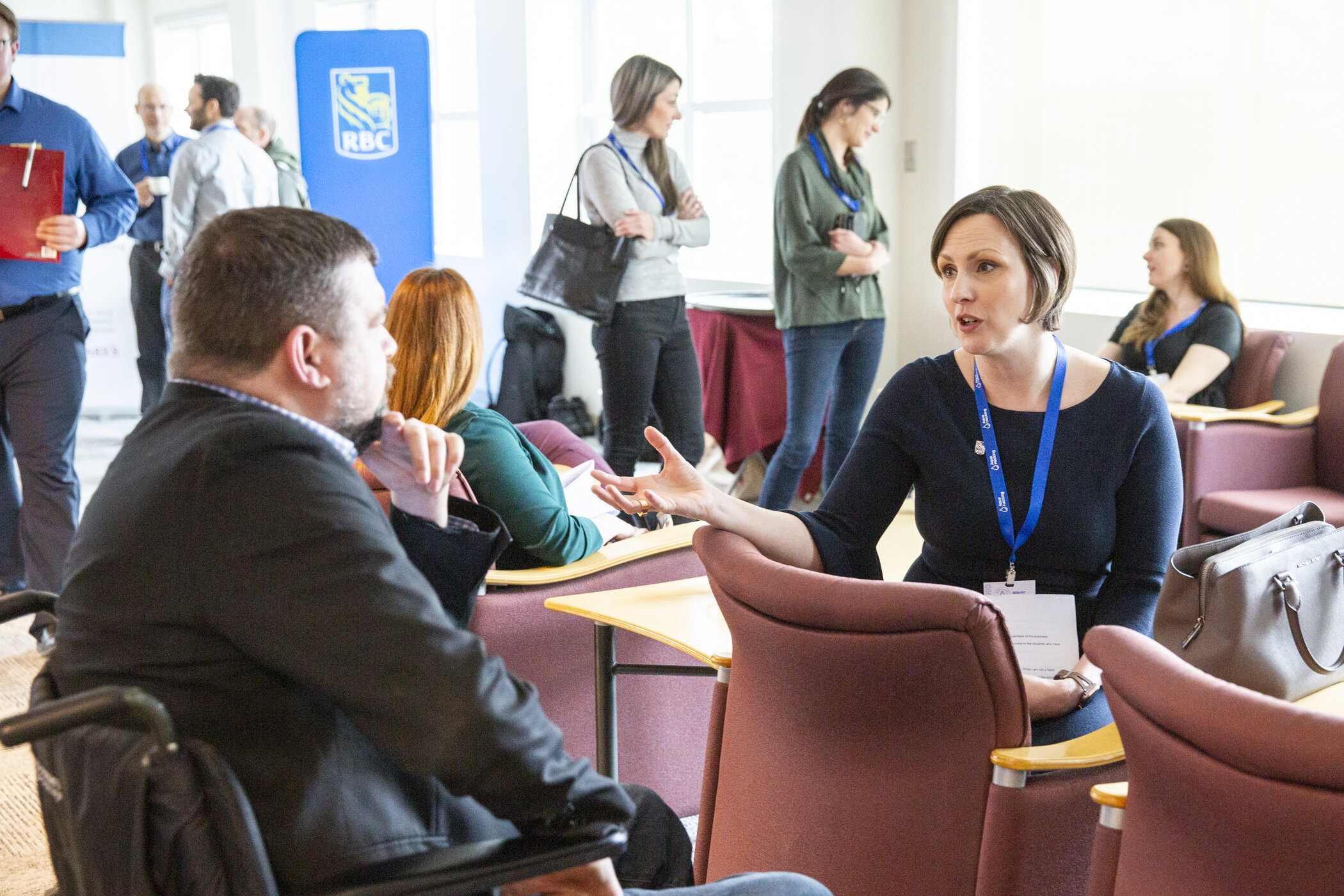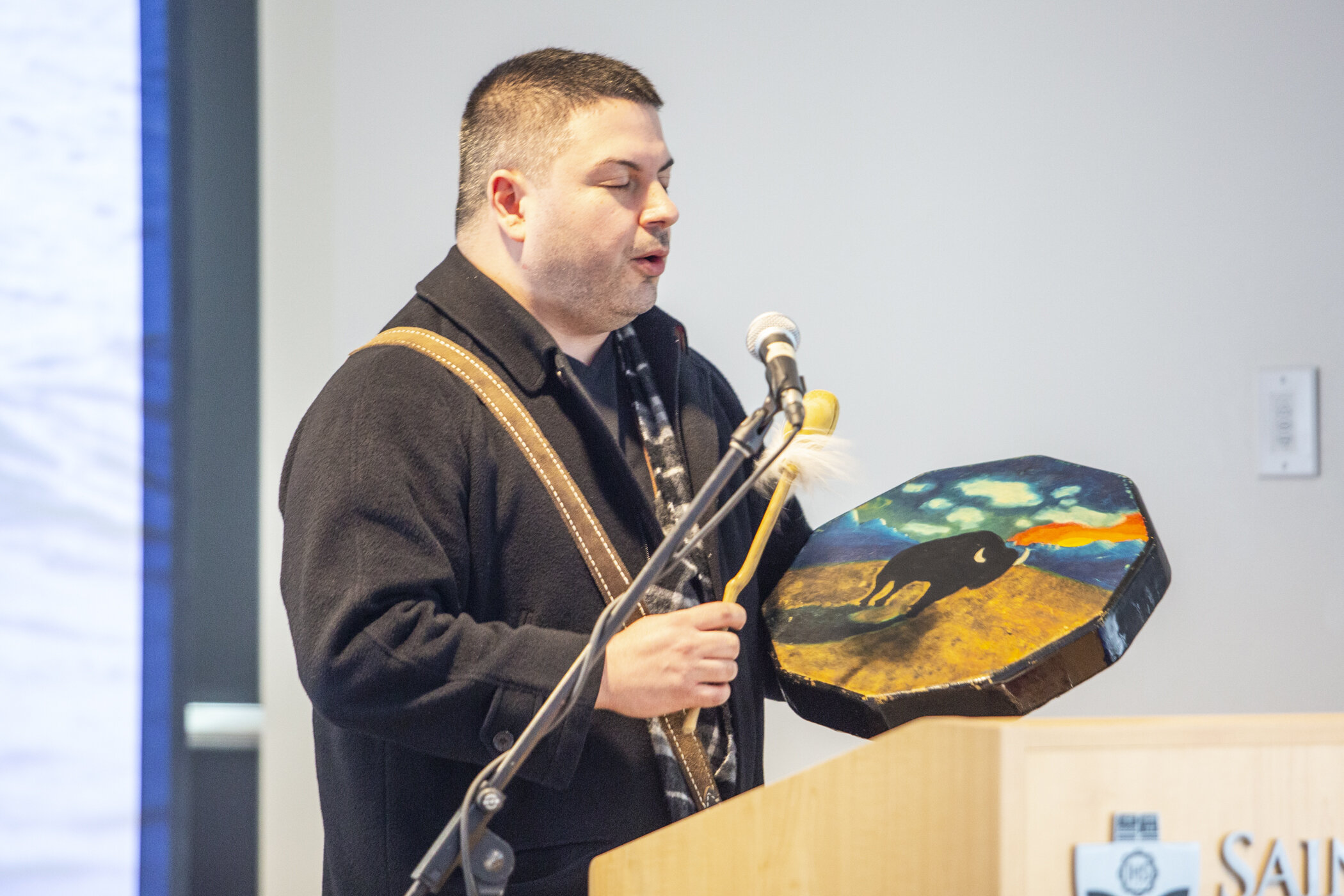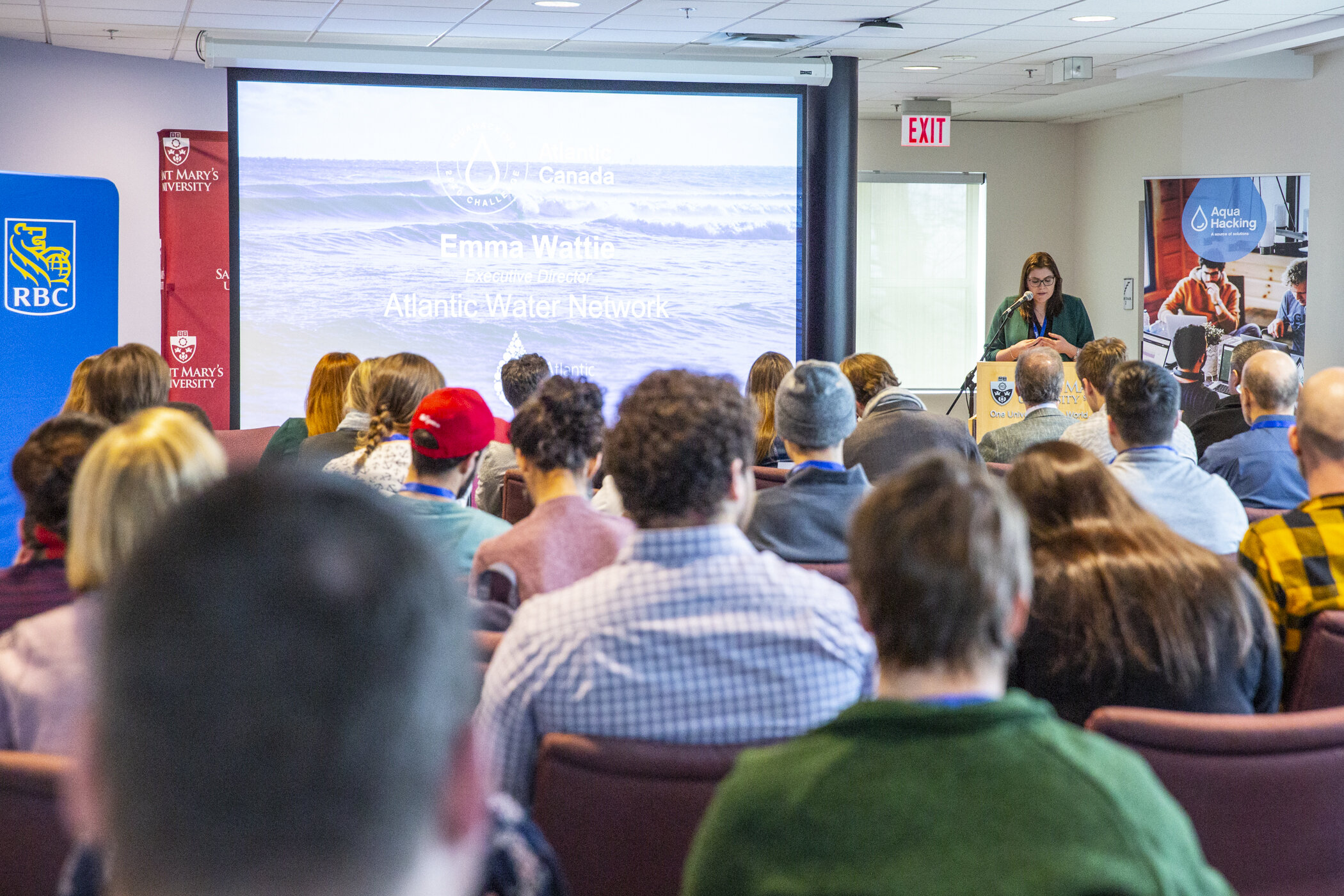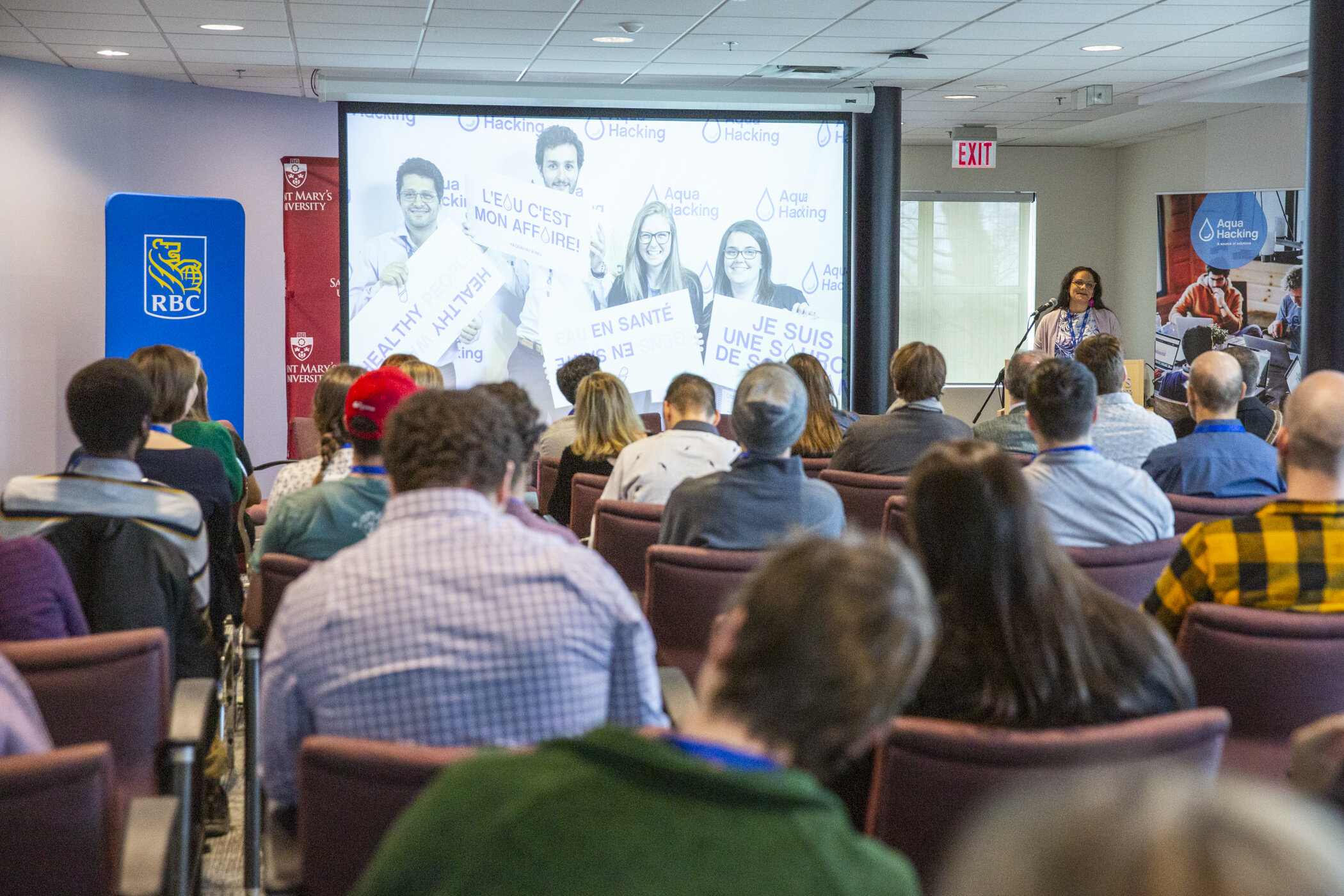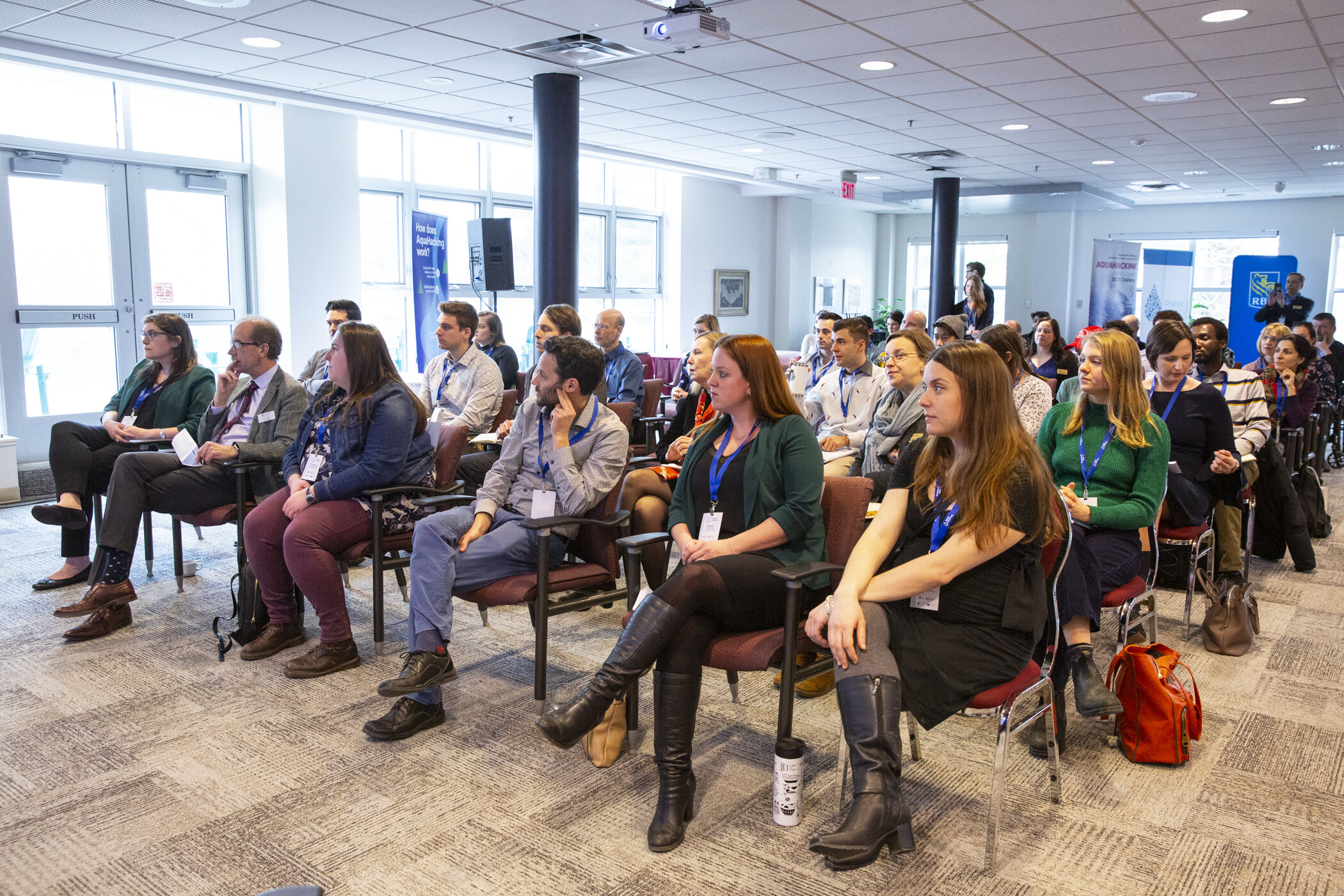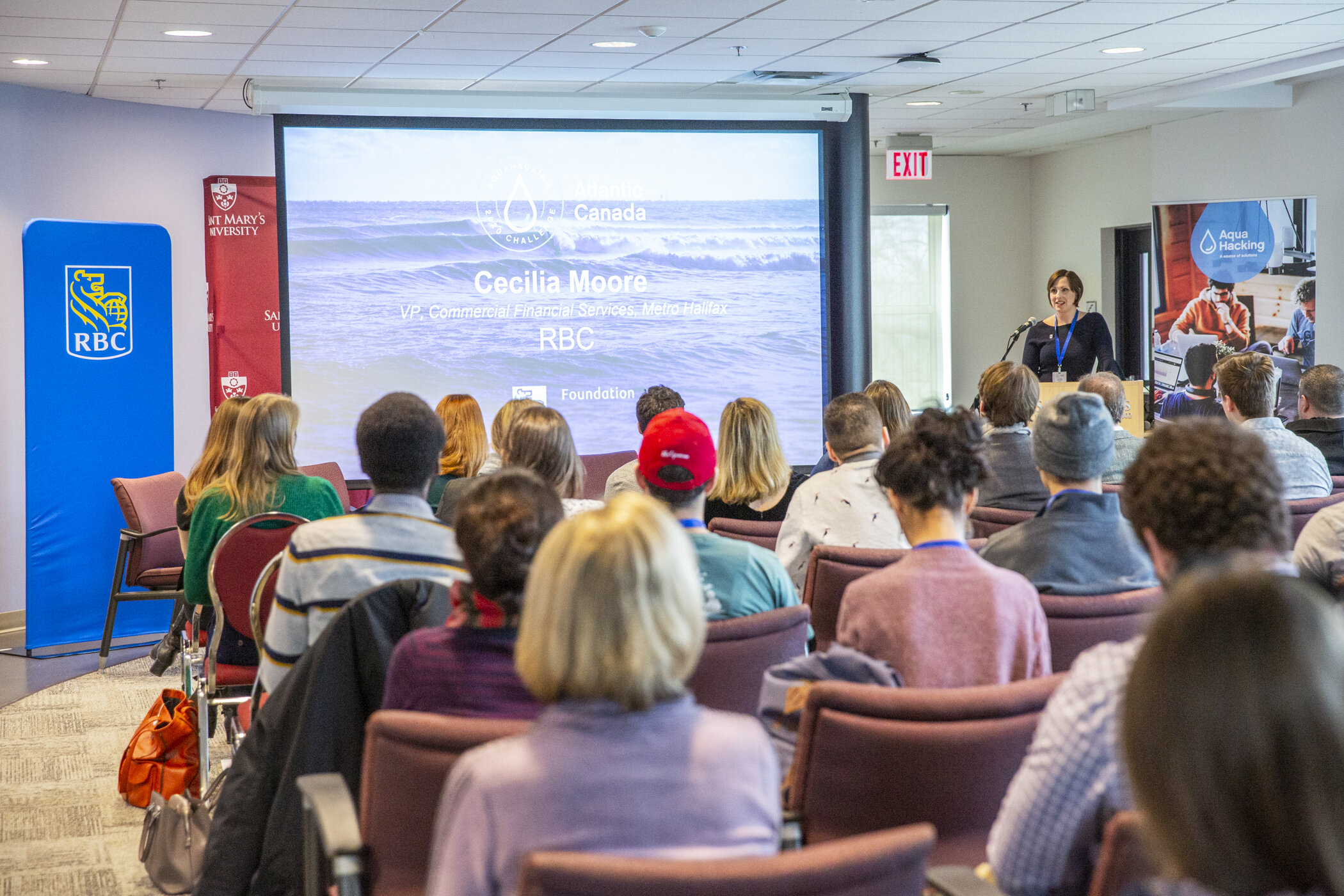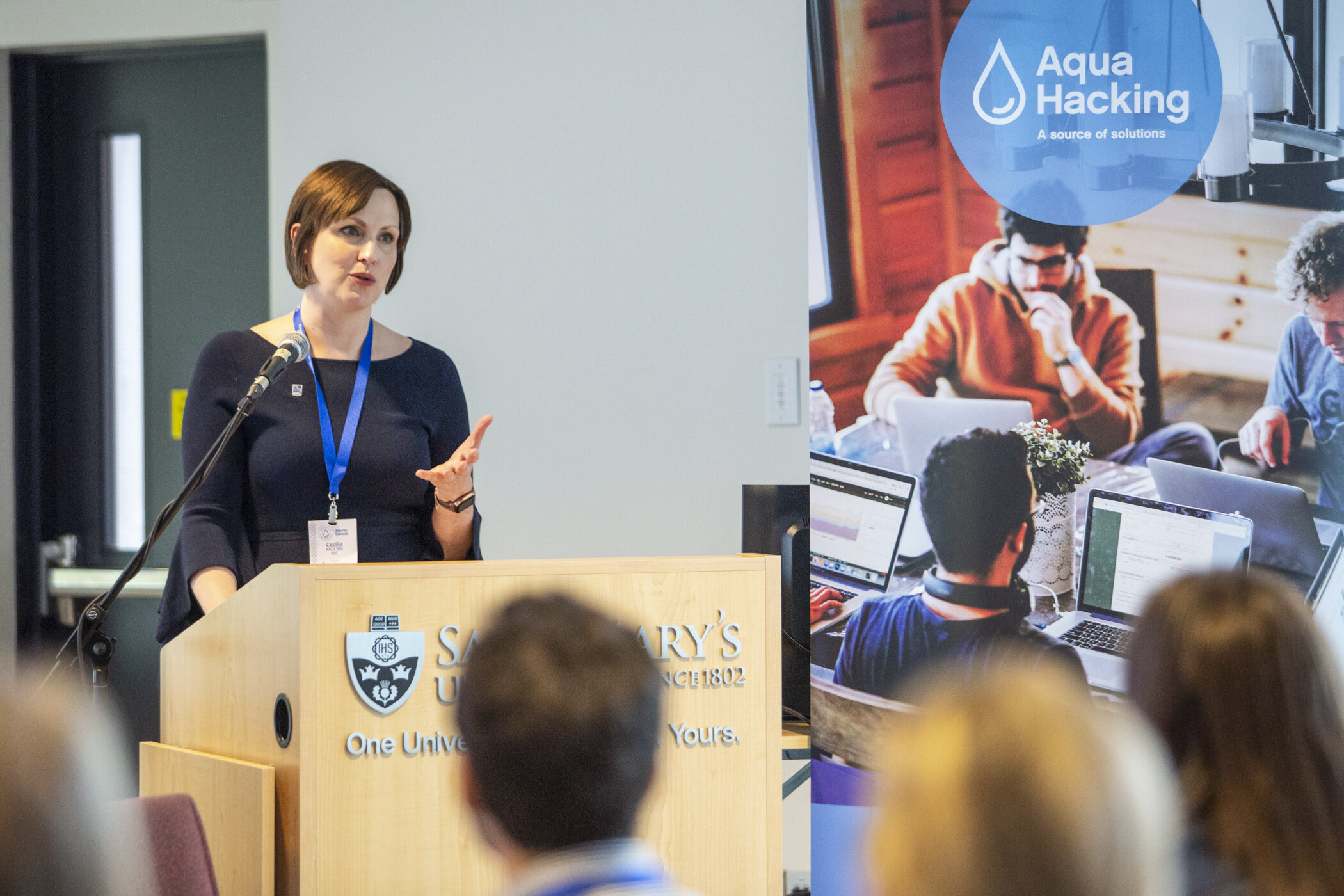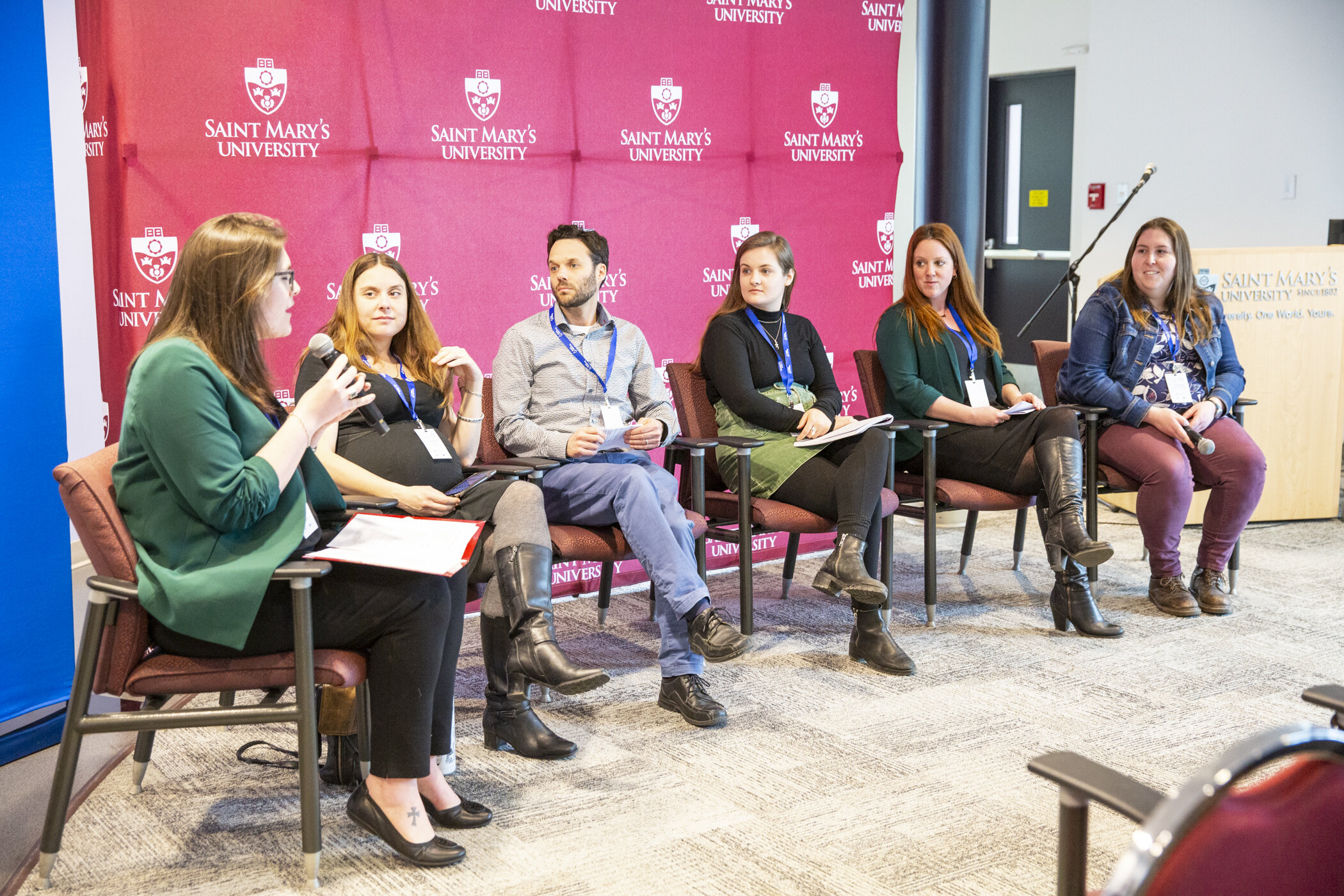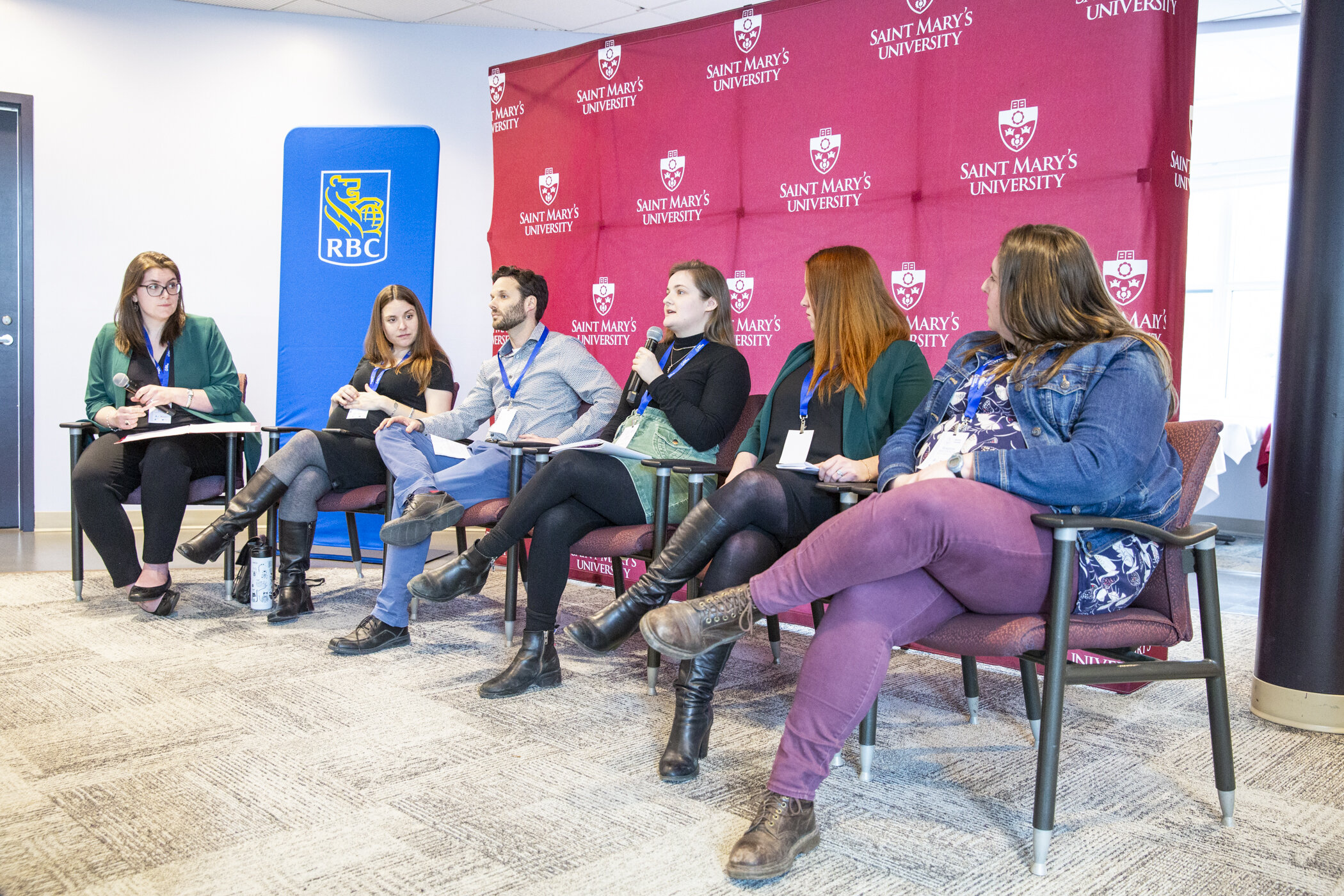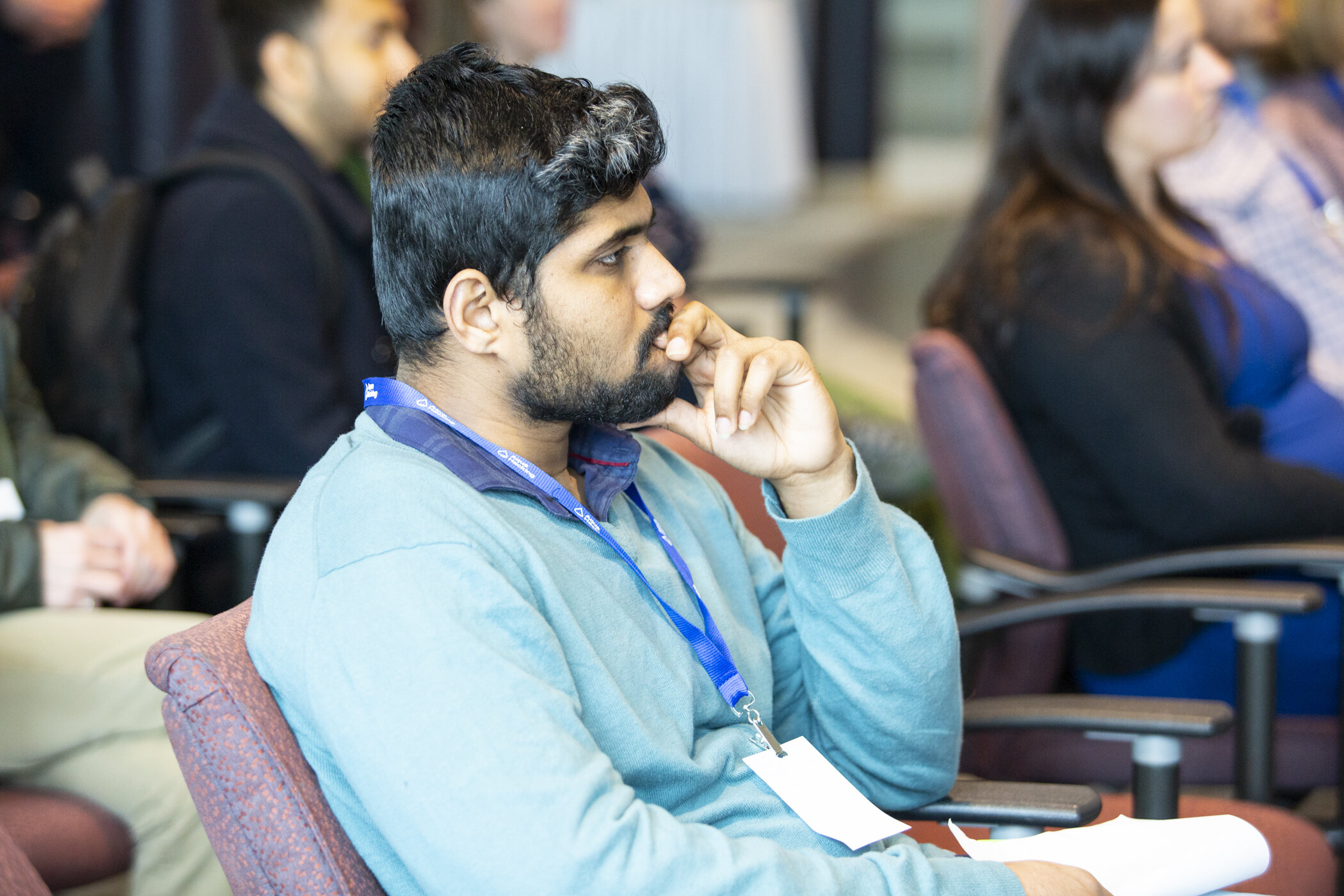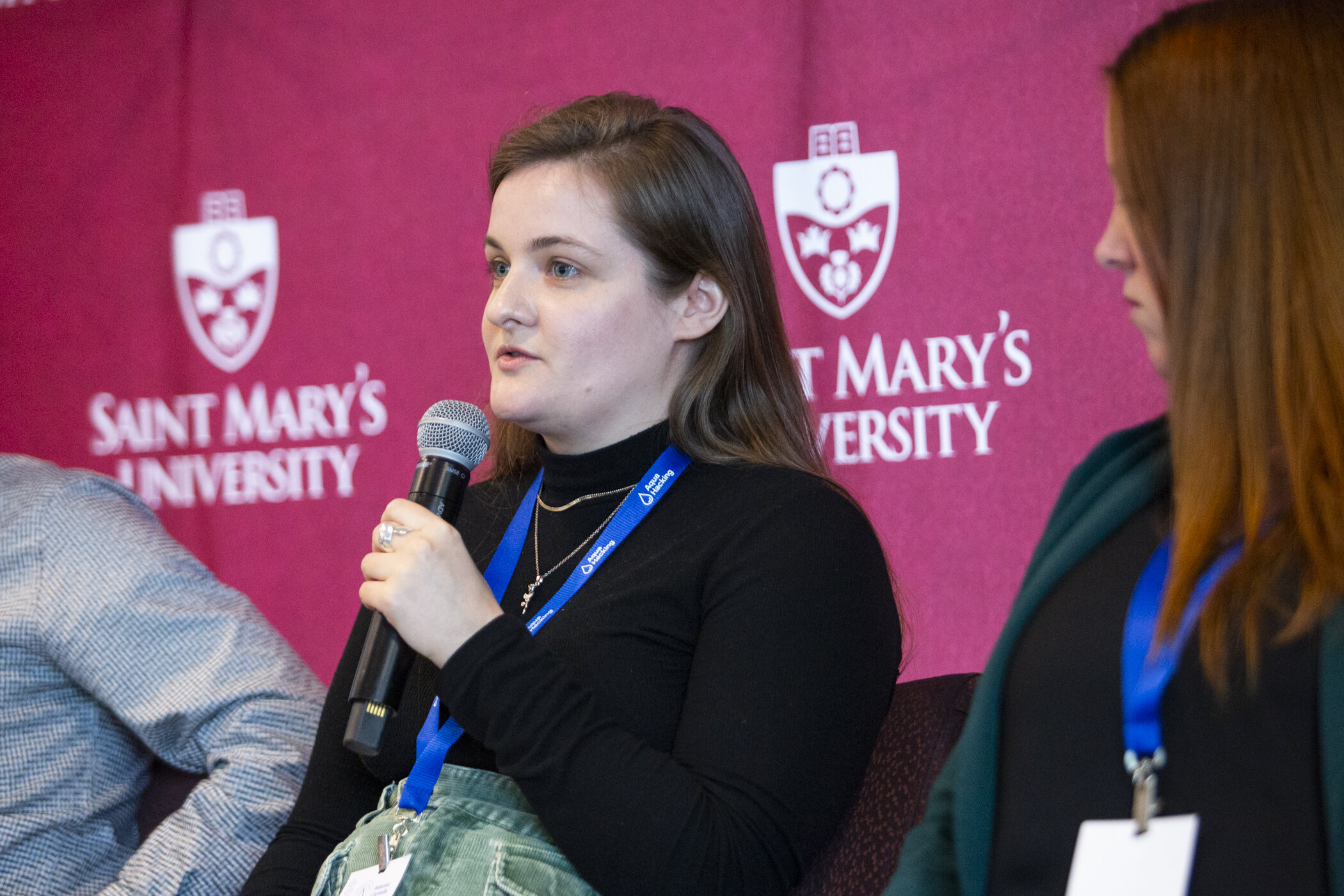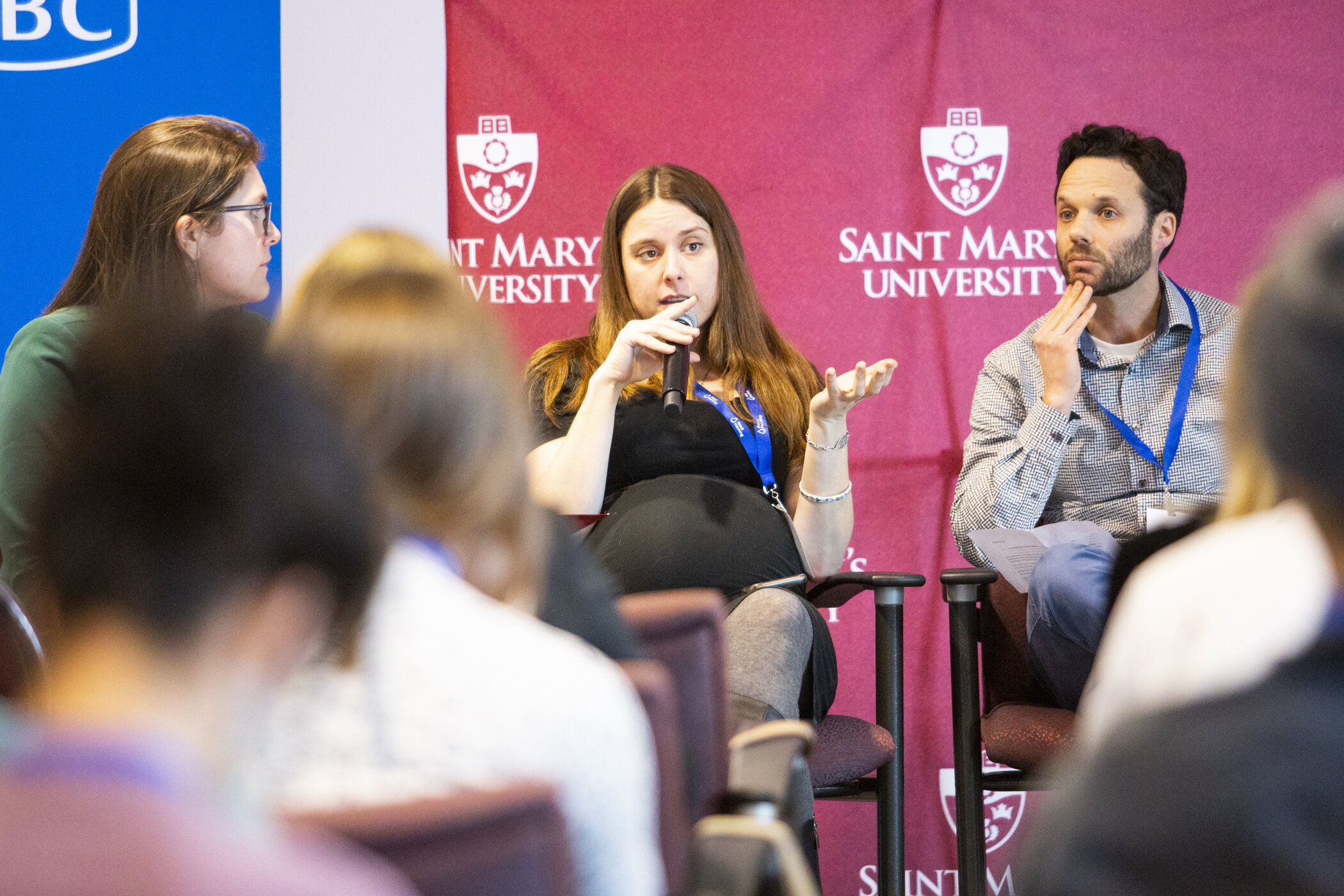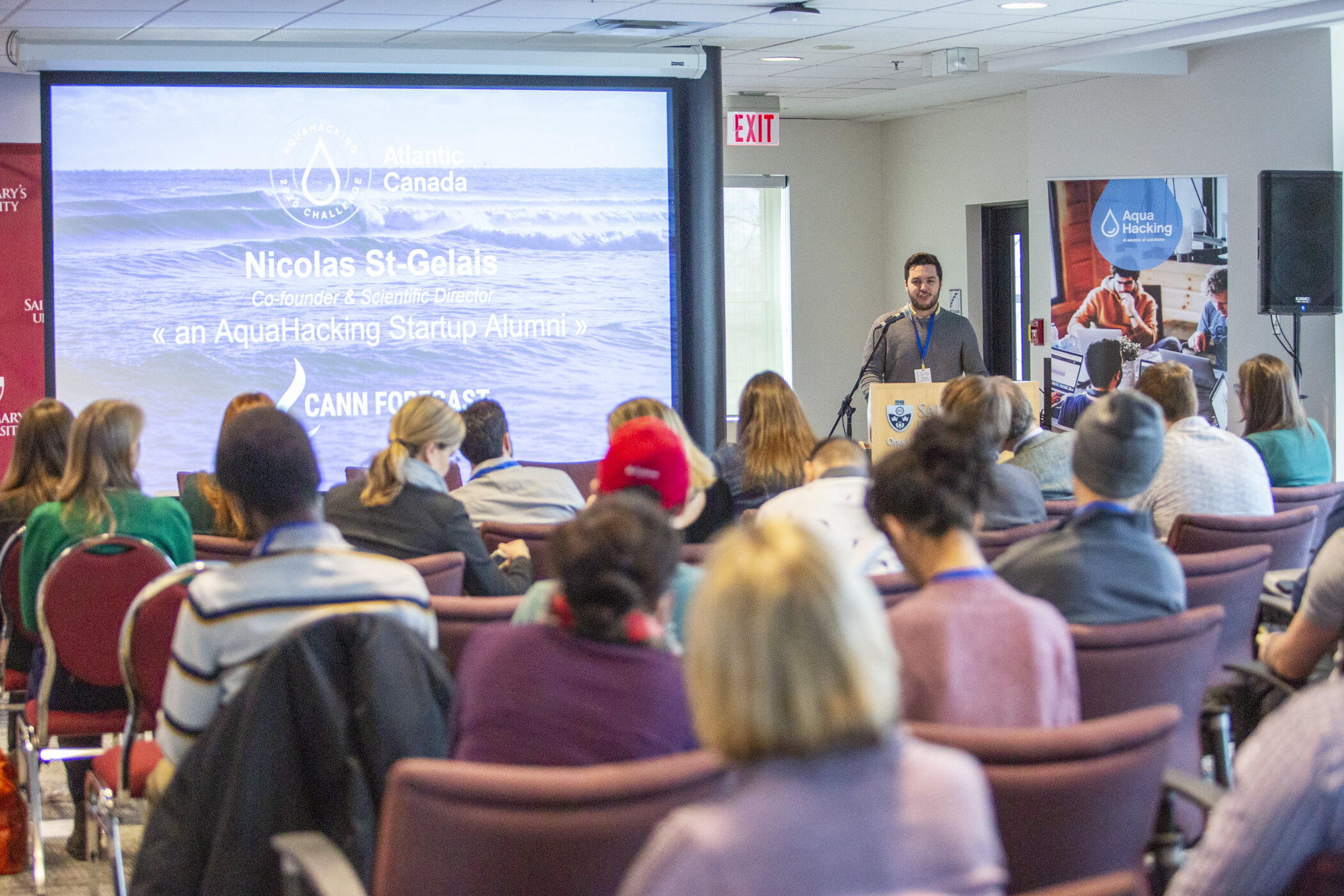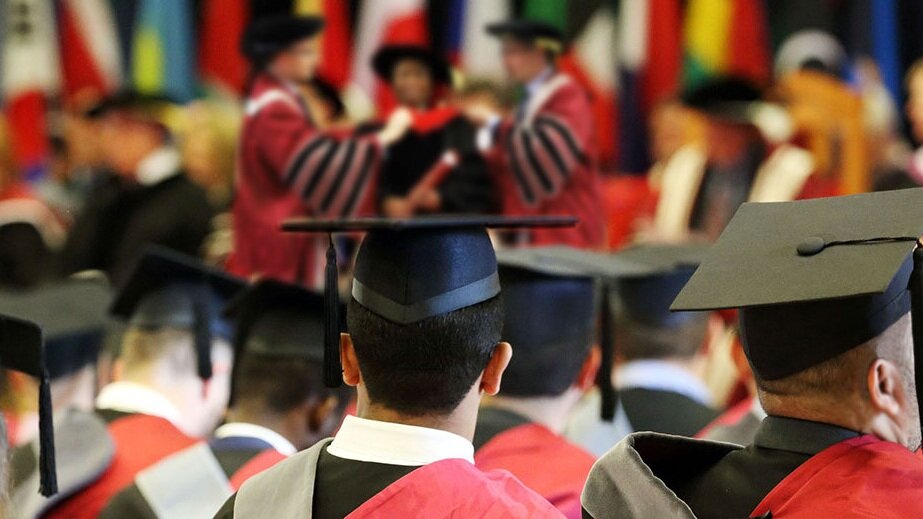What do black holes, spelling, the search for the size and shape of the universe’s smallest thing, and responses to climate change have in common? They are all research areas being discussed this Friday, March 6, at the 2020 Saint Mary’s University Research Expo.
“The Research Expo is a unique event at Saint Mary’s. Talk with our professors and graduate students, and listen to three-minute research pitches as they explain their work,” said Dr. Adam Sarty, Associate Vice-President Research and Dean of the Faculty of Graduate Studies and Research. “It’s an opportunity to learn about the exciting research happening across our campus, from our Science and Arts faculties, and the Sobey School of Business.”
The research being presented at the expo covers a wide range of disciplines in business, the arts and humanities, and science, including:
Toxic metals and invasive species;
community adaptations in the face of climate change; and
a qualitative approach to nursing staff shortages in emergency rooms.
These are only a handful of examples of the topics being investigated by researchers at Saint Mary’s, and many more topics will be discussed at the expo.
The expo is taking place at the Loyola Conference Hall and begins at 1 p.m. From 3 p.m. to 4 p.m.; researchers will be centre stage for a series of short three-minute pitches on their work.
To learn more about the expo visit http://www.smu.ca/research/research-expo.html



